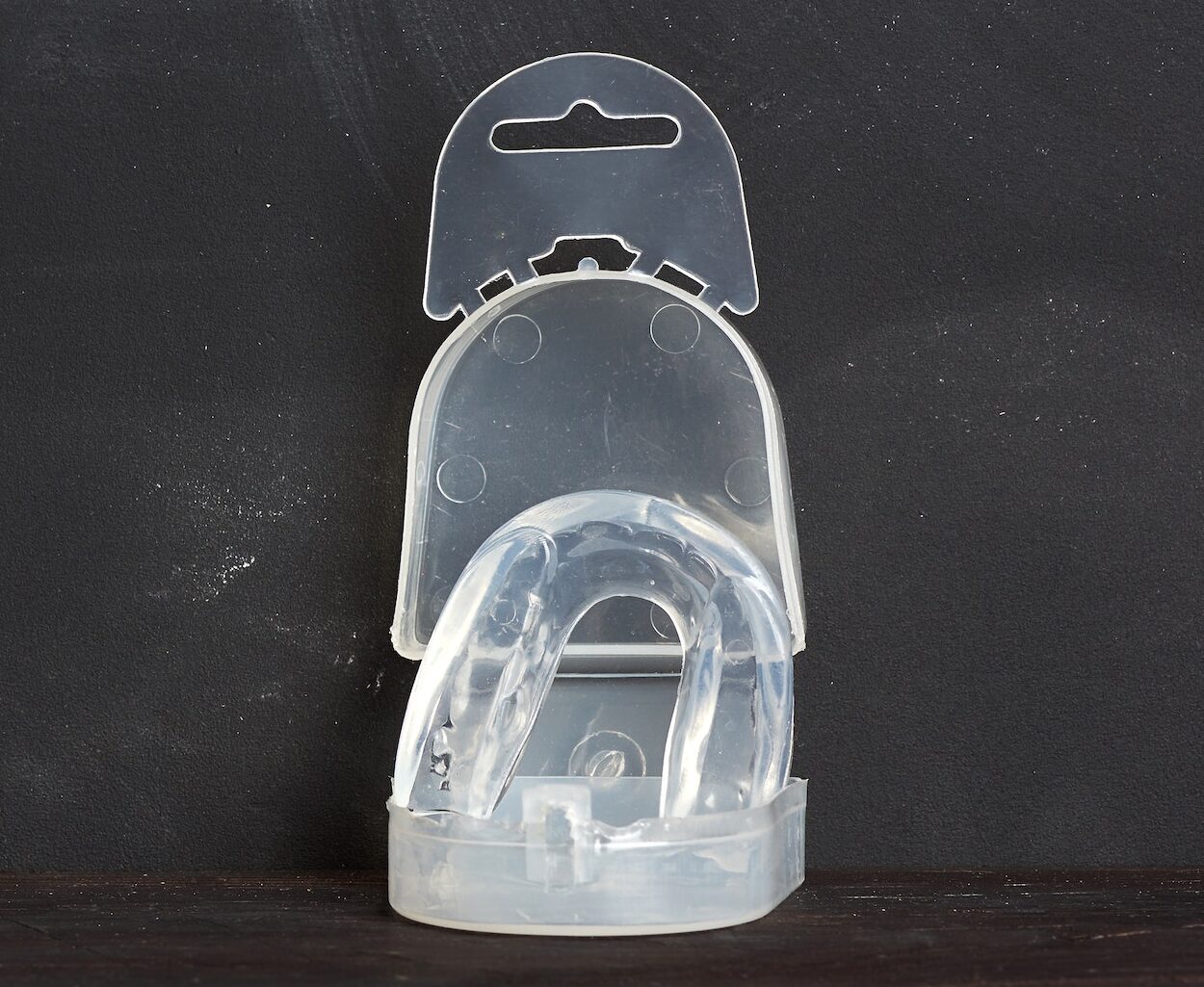TMJ, or temporomandibular joint disorders, are conditions that affect the joints and muscles of the jaw. It causes pain, difficulty chewing, and a popping or clicking sound when opening or closing the mouth. TMJ therapy can help by reducing pain and inflammation, improving jaw function, and preventing further damage. The most common TMJ therapy methods include lifestyle changes, physical therapy, medications, and dental appliances.
Our highly experienced dental team uses advanced diagnostic tools to evaluate the severity of TMJ disorders and to create a personalized treatment plan. We also prioritize patient education and support to ensure that each patient receives the best possible care and achieves optimal outcomes. If you’re experiencing TMJ symptoms, Family Dental Associates is the right choice to help you find relief.

Oral splints, also known as dental splints or occlusal splints, are custom-made devices that fit over the upper or lower teeth to treat conditions such as grinding, clenching, and misaligned jaws. They are typically made of plastic or acrylic and are designed to keep the teeth in the correct position and prevent them from grinding against each other.
The major benefits of oral splints are:
1. Reduced pain and discomfort from teeth grinding and clenching.
2. Decreased chances of tooth damage, wear, and fracture.
3. Improved jaw alignment and reduced TMJ disorder symptoms.
4. Improved sleep quality by reducing the frequency and intensity of teeth grinding and clenching.
Oral splints are made by taking impressions of the teeth and creating a mold. This mold is then used to create the plastic or acrylic device that is custom-fit to the patient's mouth. The process usually takes a few appointments and requires a dentist or orthodontist with experience in designing and fitting oral splints.
As a new dental patient, there are a few things you should bring to your appointment to ensure that your visit goes smoothly.
Call us to schedule an appointment. Our team will be able to provide you with all the necessary information you need to know before your visit.
You’ll have to fill out some paperwork, either online or at the clinic’s office. This will include personal and medical history, insurance information, and contact information.
On the day of the appointment, meet the dentist and discuss your dental history. They may perform an oral examination and take x-rays if needed.
Based on your oral examination and dental history, the dentist will develop a dental plan for you, which may include regular cleanings and checkups, restorative procedures, and other treatments.
Schedule regular checkups with your dentist, as recommended by their dental plan, to maintain good oral health.